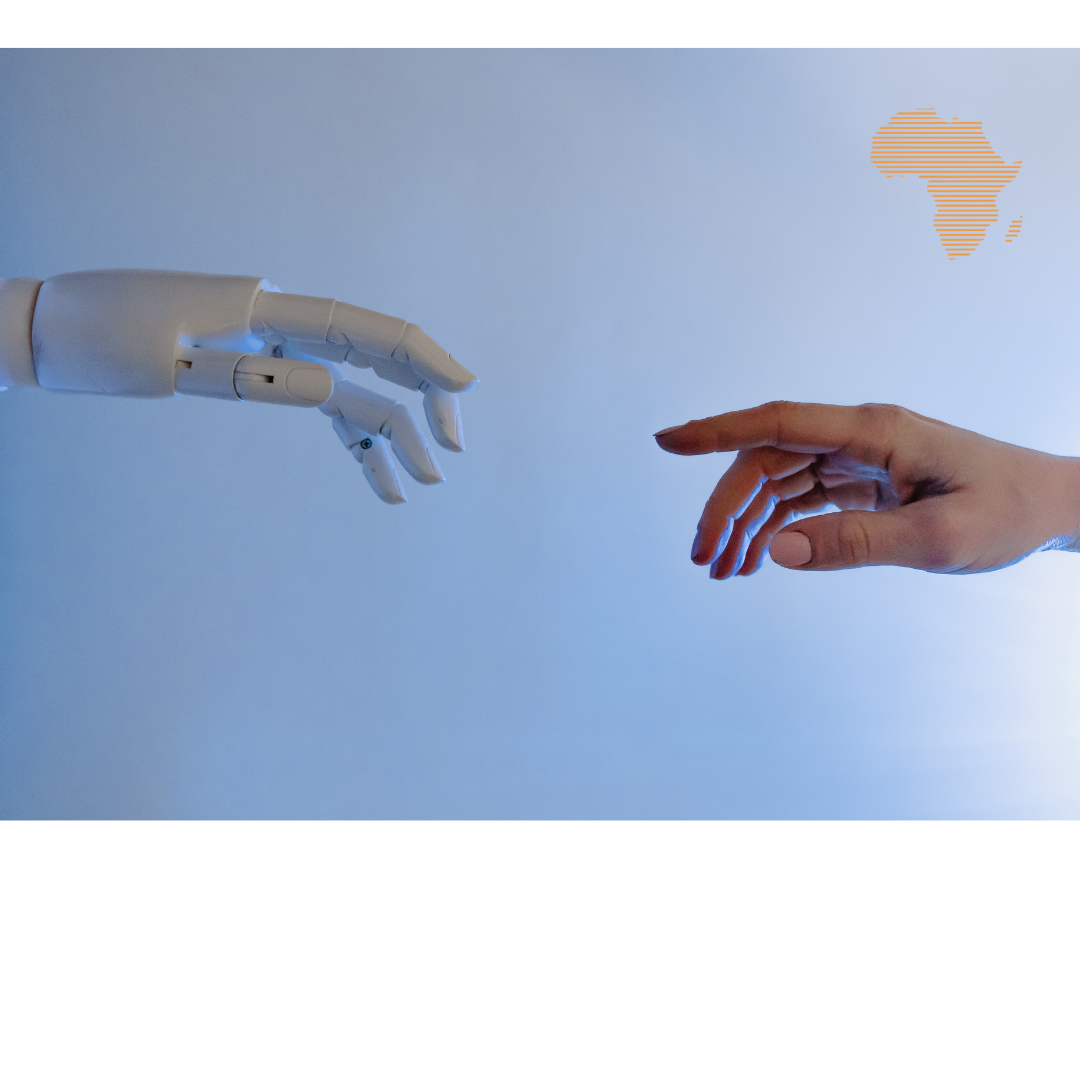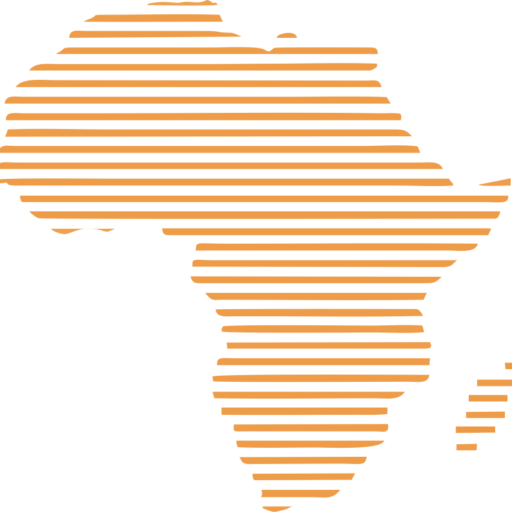
Africa is on the verge of a transformative era, with its workforce projected to be the most significant globally by 2100. The need to bolster the adoption of digital technologies to propel job growth for the more than 22 million Africans entering the workforce annually is underscored. This narrative revolves around Africa’s potential to contribute to the global economy, especially in the tech industry, and the actions required to unlock this potential.
Africa must rise to the occasion and prepare its workforce for global competitiveness. The vision of a Future-Ready Africa envisions empowered, skilled, and innovative individuals who can not only adapt to change but drive it. This article explores the challenges and opportunities in empowering Africa’s workforce to be at the forefront of global competitiveness, while also highlighting the vital role of education, technology, and forward-looking policies in paving the way towards a prosperous future. We will also spotlight some of the developing success stories that have leveraged Africa’s young and emerging talents to address opportunities in the market.
The Emerging Narrative
In the late 1960s, Stanford biologist Paul Ehrlich penned The Population Bomb, a narrative that predicted impending global disaster due to population growth. His predictions were dramatic, suggesting countries like England would cease to exist by 2000 due to overpopulation. However, the story unfolded differently, with birthrates declining globally, even in countries like Nigeria, Kenya, Uganda, and India, where Ehrlich’s predictions seemed most likely.
Today, a new narrative is unfolding – one involving Africa’s burgeoning workforce. By 2030, the working-age population in Africa is projected to rise from 370 million to 600 million. Moreover, a significant portion of these individuals will find themselves in jobs that do not yet exist. The challenge African governments, education systems, businesses, and individuals face is to build resilient and productive workforces capable of weathering the imminent disruptions in the workforce and throughout their professional lives.
Government’s Role: Building a Future-Ready Africa
Countries like Ethiopia are leading in investing in education, dedicating 27% of their budget to it. Despite the surge in school-going children, those completing primary education are expected to rise from 30% in 2000 to 80% in 2030. Other African countries also show immense promise, with ten of the fastest-growing economies globally located in Sub-saharan Africa. However, the key question is how to maximize the impact of these investments.
Governments need to focus on creating competitive and relevant industries while developing citizens’ skills and lifelong learning capacity. Industries with strong job growth potential include infrastructure, the ICT sector, and creative industries incorporating technical elements like 3D design, data services, education, and health work.
Digital skills and fluency, creativity, emotional intelligence, critical thinking, communication skills, and adaptability will be essential for workers. These are competencies not easily automated and vital for highly competitive and future-ready businesses.
The Importance of Lifelong Learning
As the pace of technological innovation continues to accelerate, the importance of lifelong learning has become crucial for preparing the population for the future workplace. The French government’s Upskill the Nation program and Singapore’s credit-based system are excellent examples of promoting lifelong learning. These systems provide individual workers with credits over a certain period, which can be used to pay for training courses and work-readiness programs.
The challenge for African governments is to create systems that encourage lifelong learning in the face of high youth unemployment rates. Yet, the need for such systems is pressing, given the rapid changes expected in the labour market and the potential impact on hundreds of millions of people a numerical reality which cannot be overstated in its magnitude.
Education Systems: Adapting to the Future
Ethiopia’s Education Development Roadmap is an example of a country seeking to create an internationally competitive workforce by adapting higher education institutions to students’ needs and talents. African education systems must become more responsive and adaptive to technological transformations and professional life changes. There is a need for urgent overhaul of and development of a fit for purpose education curriculum.
According to the World Economic Forum, four key competencies will be needed in the future:
- Critical thinking and problem-solving skills
- Creativity
- Communication, and
It also emphasizes an accelerated focus on digital and STEM skills, early exposure to workplaces, and career guidance.
The Role of Businesses

Businesses play a crucial role in the transition towards future-ready workforces. Companies that invest in their employees, offering learning opportunities, training, and continuous skills development, will be better equipped to navigate future disruptions. However, companies must also rethink their recruitment strategies and focus on nurturing and investing in capable, resilient, and adaptable individuals. Some of the key areas the private sector can contribute to getting Africa ready for the future are summarized below:
- Invest in Education and Skills Development: Businesses can invest in education and skills development programs to empower the youth with the necessary knowledge and expertise to thrive in the modern economy. Supporting STEM education, vocational training, and entrepreneurship programs can create a skilled and innovative workforce.
- Foster Innovation and Technology Adoption: Encourage research and development, innovation, and the adoption of technology across sectors. Businesses can drive digital transformation, support tech startups, and invest in disruptive technologies that improve efficiency and competitiveness.
- Support Women and Youth Entrepreneurship: Promote women and youth entrepreneurship by providing mentorship, access to finance, and business development support. Empowering these demographics can foster economic growth and social inclusion.
- Encourage Diversity and Inclusion: Create inclusive workplaces that promote diversity, equal opportunities, and gender equality. Embracing diverse perspectives can drive creativity and innovation within organizations.
- Invest in Renewable Energy: Support the transition to renewable energy sources to address Africa’s energy challenges while reducing carbon emissions. Investing in solar, wind, and hydroelectric projects can promote sustainable energy access.
- Develop Infrastructure: Invest in infrastructure development to improve connectivity, transportation, and access to basic services. Modern and efficient infrastructure can drive economic growth and enhance the quality of life for communities.
- Advance Digital Connectivity: Enhance digital connectivity and internet access to bridge the digital divide. Businesses can support initiatives that improve internet infrastructure and affordability, fostering digital inclusion.
- Embrace Circular Economy Principles: Adopt circular economy principles that focus on product reuse, recycling, and waste reduction. Businesses can design products with a lifecycle approach, minimizing waste and promoting sustainability.
- Collaborate in Public-Private Partnerships: Engage in public-private partnerships to address pressing challenges and develop innovative solutions. Collaborations between businesses and governments can amplify the impact of development initiatives.
The Future of Work in Africa
African professionals will need to reimagine their understanding of education and professional life to adequately prepare for the future of work. High school learners will continue to aspire to become doctors, teachers, and engineers, but they must also understand that education is not merely an early life stage and that a single profession cannot guarantee a secure future.
Digital Divide: A Challenge to Overcome
Sub-Saharan Africa displays the largest gap globally between the availability of digital infrastructure and its actual usage. Closing this gap is critical to foster inclusive growth in Africa. Despite the known benefits of technology and innovation for long-term economic growth, the digital divide continues to widen between different segments of the population.
Recommendations for Policy Makers
To transform internet availability into productive usage and job growth, the region needs affordable access, digital skills, and digital technologies that meet Africans’ needs. Continuous sector reforms and targeted public investments can help close the digital divide and unleash tremendous potential for more and better jobs for Africa’s growing population.
Africa’s Role in Addressing the Global Tech Talent Shortage
The world is currently experiencing a tech talent crisis. With the increased acceptance of remote work during the COVID-19 pandemic and African youths’ increased interest in working for international companies, Africa’s 450 million working-age individuals could help resolve this crisis. It is imperative that the public and private sectors, NGOs, philanthropic organizations, and African entrepreneurs work together to unlock the potential of connecting African talent with international companies, benefitting both the global economy and African youth.
We are already seeing emerging trends in tech leadership with the startup ecosystem in countries like Nigeria, Kenya, and South Africa addressing key gaps in local and international markets and attracting significant venture capital investments into local economies. Notable success stories include Flutterwave, Ushahidi, SafeBoda and Farmcrowdy. The success of these unicorns has inspired a plethora of other startups that are beginning to gain traction across Africa and beyond such as;
- Bypa-ss: an Egyptian e-health startup Bypa-ss closed 2021 with a US$1 million pre-seed round.
- Lami: a Kenyan startup that is addressing the insurance market across Africa, with its B2B and B2B2C insurance-as-a-service platform.Edukoya: a Nigerian start-up that connects African students with digital curriculum content and on-demand teachers for real-time online learning.
- Jetstream: A Ghanaian start-up that offers digital solutions for cargo owners and logistics providers at the continent’s ports and borders, with the aim of streamlining – and accelerating growth in – cross-border commerce.
Conclusion
Africa is at a crossroads, with the potential to make significant contributions to the global economy, particularly in the tech industry. However, this potential can only be realized with concerted effort from governments, education systems, businesses, and individuals.
By developing the right skills, industries, and culture of lifelong learning, Africa could not only prepare its youth for changes in the labour market but also invest in the solutions that will ultimately benefit us all.
